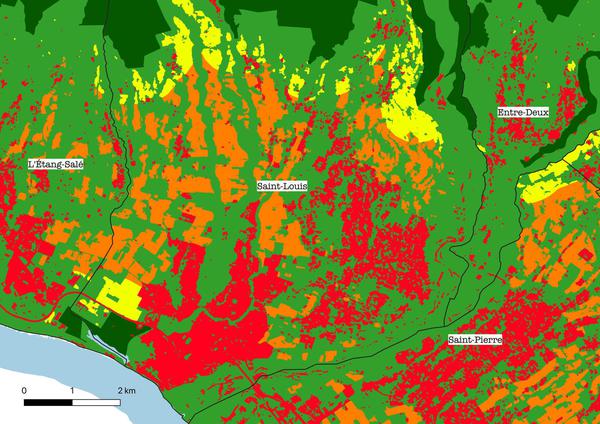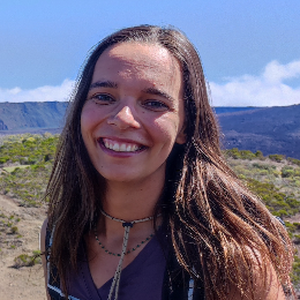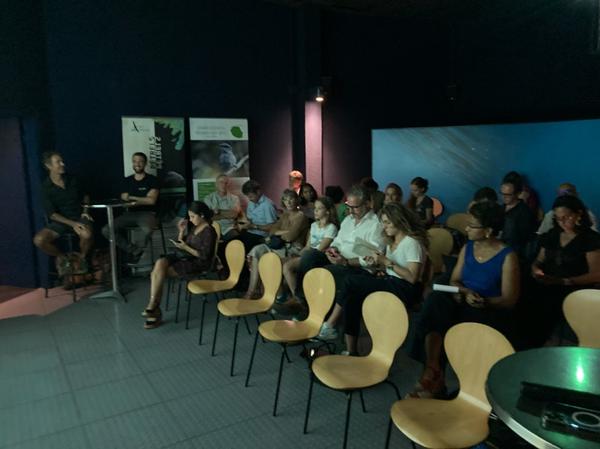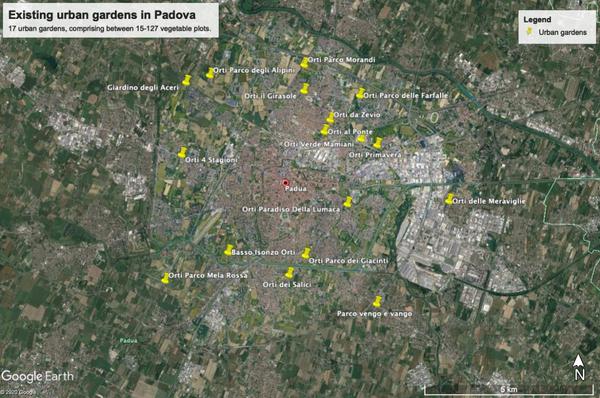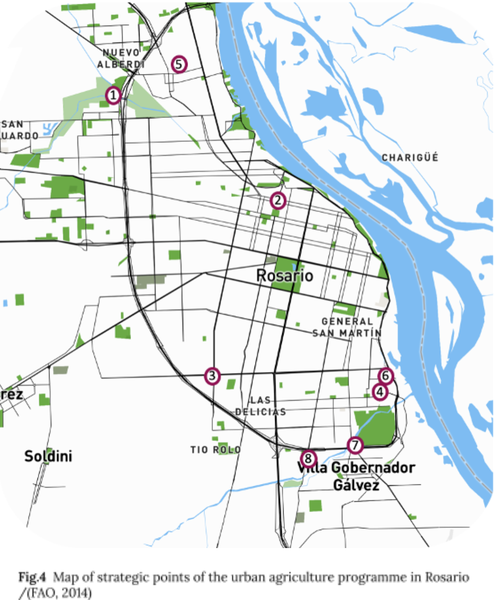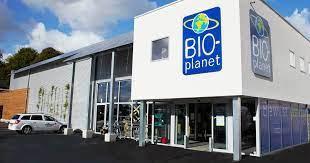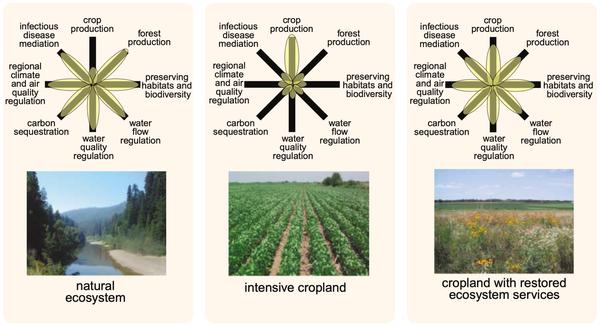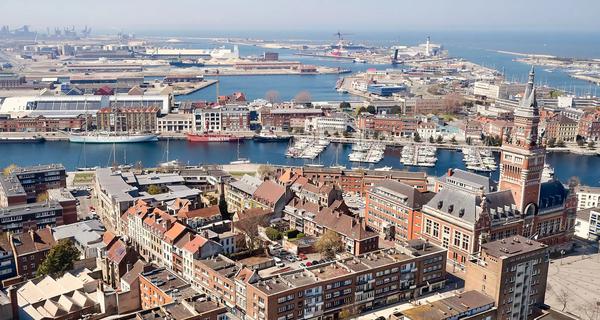22nd June 2022
Implementing Urban Agroecology in Padova
This project identifies public green spaces in the municipality of Padova that could be converted in community gardens or food forests following agroecological principles. It is composed of three outputs.
First, a short report presents and contextualises the map of the potential community gardens and food forests identified in Padova. Their location is determined according to a set of geographical and socio-economic indicators based partly on the academic literature, partly on successful case studies of community gardens and food forests in other European cities.
Second, the located areas are reported on the GeoCitizen platform, so that inhabitants of Padova are made aware of the potential of these locations and can contribute to bringing them to life.
Third, a story map brings it all together in a visual and engaging way that describes more concretely and deeply how four of the identified public green spaces of Padova could be used for the development of a community garden and a food forest.
